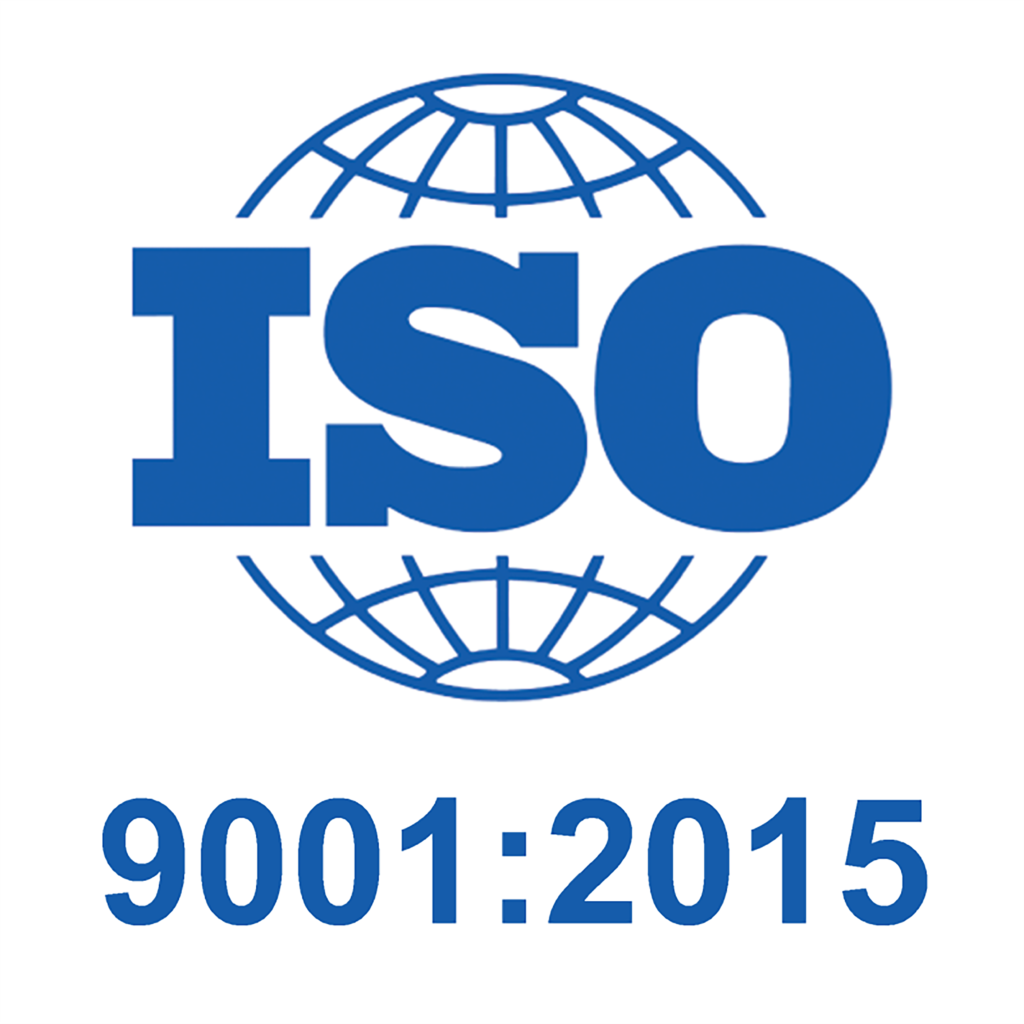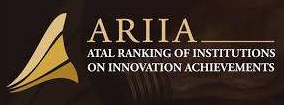Consultancy /Internal Revenue policy with reference to the promotion of consultancy works, the following are the framed internal revenue / Consultancy Policies, till further notice.
- There should be a letter from the customer (Researchers/Ph.D. scholars/Industry/Institution) addressed to the principal.
- The Principal shall forward the letter to the R & D director.
- R&D Division shall fix the charges as per our norms in consultation with Heads.
- Then a copy of the letter and requirement shall be forwarded to the Concern Heads. Then Head shall allot the work to Skill assistants.
- Once the report is ready, the duly signed report shall be forwarded to R&D.
- The Report will be Dispatched/issued to the applicant, once the payment is cleared.
- All the details of Reports/amount will be entered in register / duly countersigned by the principal.
- A copy of the facility request letter shall also be documented in the Concern department.
Term & Conditions
- There should not be any hidden work /unethical report to customers without the knowledge of the Head & R&D Director. In such cases, serious action will be executed at the discretion of the Principal.
- If any faculty/Scholars invite consultancy work, 10% of the total cost charged will be paid as a Reward.
Research Activity – Ethical Clearance Procedure
The following shall be the procedure for conducting experiments on Animals /Human subjects,
- A study involving Human /Animal subjects should not be initiated until the ethical clearance is issued by R&D Division.
- There shall be only one Animal ethical committee meeting and One Human ethical Review Board meeting during the one academic year (July 1st to June 31st).
- However, in case of emergency, the protocol may be mailed to the Nominee and the decision is at the discretion of the Chairman and Govt. Nominee.
- During the Ethical clearance meeting, the principal investigator / Co-investigator / Students must be available to defend the queries.
- All investigators must give a proposal presentation and submit a copy of the PPT for signing along with the prescribed format of the application.
- All UG Projects/experiments should be designed in such a way that no animal is allowed to sacrifice.
- Animals will be allowed to dissect only in PG / Granted Projects.
- A copy of the animal ethical committee approval letter must be submitted to the pharmacology department to touch /use animals.
- In the case of human subjects, interventions should be as per the directions of the ethical committee and should not violate GLP / GCP.
- Indent of chemicals/supply of chemicals to Research
(Applicable for: M. Pharm / B. Pharm Projects, Grants)
With reference to the promotion of research works, the following are the framed Policies, till further notice.
| Step 1 | A student/scholar shall prepare a list of chemicals for their research along with the research title and protocol number (if) and get signed by their supervisor |
| Step 2 | The signed letter shall be forward to the R&D through HOD with remarks, HOD should write the comments on chemicals if it is project-specific, and its importance/ if belongs to consultancy/funded. |
| Step 3 | The R&D division will forward the letter with the comment to the concern section through the Principal / Academic coordinator. A copy of the letter shall be retailed by the HOD. |
| Step 4 | The HOD shall ask the concerned lab assistant to submit the Indent for the same in a prescribed format. |
| Step 5 | The Lab assistant shall follow up with the storekeeper for placing and procuring chemicals. |
| Step 6 | Once the chemicals are received from the store, Lab assistant shall enter in their department stock register/distribution register. |
| Step 7 | Then chemicals shall be supplied to students /scholars, Student shall hold the responsibility of submitting the unused chemicals to lab assistant with utilization record /job record. |
NOTE:
- No students are allowed in the purchase and permission process.
- If any project-specific chemicals, R&D, and HOD shall decide to supply or not to supply.
-
In case research/project belongs to consultancy / UGC/AICTE /etc funded, all chemicals shall be supplied by the institute. Plagiarism Policy
Applicable to B. Pharm Project book, M. Pharm Dissertation book, Pharm D Clerkship book & Internship book Ph.D. thesis, Reference As required by JNTUA, other Regulatory systems % Plagiarism allowed B. Pharm (up to 30%) M. Pharm / Pharm D as per JNTUA Norms (up to 25%) For PhD, it may change depends on the university. Procedure:
- With reference to the above-cited information regarding plagiarism policy, I request all faculty members TO SIGN THE RESEARCH REPORT only after obtaining the plagiarism report from R&D Division, RIPER.
- The student/Scholar shall submit the document (word document) in a USB /Pen-drive to the R&D COORDINATOR for plagiarism report. See that the document is EXCLUDED from contents like reference, Index, acknowledgment, definitions, abbreviations, list of tables, list of figures, and certificates.
- The certificate of plagiarism will be issued by R&D and need to be enclosed in dissertation /thesis/project/internship/clerkship books
Instructions to reduce plagiarisms
- Concise the introduction to 10-15 pages only, but focus on the importance, need, challenges, risk, applicability, current trends-based write-up relating to the area of your research.
- Definitions and abbreviations may be added as annexures, which does not need plagiarism.
- Compile the content from several resources.
- Include pictures, graphs, images wherever possible instead of a paragraph explanation.
- Rewrite all text with changes in phrase, verb, and sentence forms.
- Literature – do not paste abstract, make it table form, or write 3-5 sentences on each literature.
- Try to arrange a flow chart / pert chart-based procedure in the methodology/experimental part.
- The result and discussion should be own written.
- Do not copy any content from old research report.
R&D Cell Constitution and Policy updated October 2023





